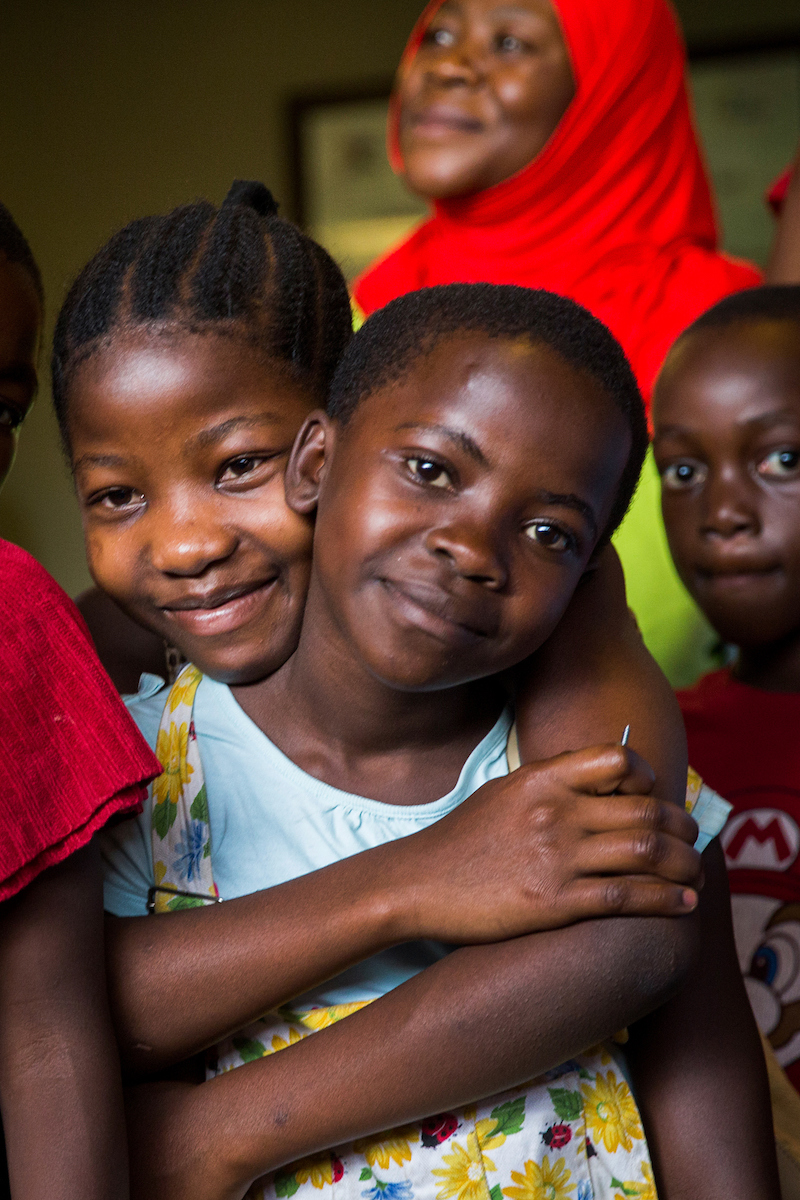Topics

Photo: Smiley N. Pool
Several months into the COVID-19 pandemic, we are thankful that the SARS-CoV-2 virus does not have as severe of an effect on children compared to older adults, and we know that most children who contract the virus will survive.
However, even if children are largely spared from direct effects, COVID-19 will still cause profound and long-lasting indirect impacts on children globally, particularly in low- and middle-income countries where the pandemic is straining already overburdened health systems and social protection infrastructure. Children across the globe are already feeling the impacts of COVID-19 through measures taken to contain the spread of the virus, as economies contract, schools close, and access to essential health services becomes more difficult. This virus has a way of magnifying existing inequities, and sadly the most vulnerable children and communities are likely to experience profound negative impacts.
Building on a 20-year legacy of improving health systems for children, families and communities in limited-resource settings across the globe, Texas Children’s and the Baylor College of Medicine International Pediatric AIDS Initiative (BIPAI) Network are working hard to prepare for and respond to COVID-19 in the 10 countries where we work. Central to BIPAI’s legacy of capacity building is a dedicated and talented leadership team, including pediatricians and executive directors who are leaders within their countries. Many of these BIPAI leaders, in addition to working tirelessly to continue their mission of serving children, have been called upon to serve on national COVID-19 task forces. This is a reflection of their leadership and their work at the national and international levels will make sure children are not forgotten in this pandemic.
Reflecting on how the COVID-19 pandemic threatens the globe’s most vulnerable children, there are likely to be profound and lasting impacts. As the global economic crisis unfolds and households’ livelihoods are threatened, the United Nations estimates that an additional 42-66 million children could tip into extreme poverty this year, adding to the already 386 million children living in extreme poverty worldwide. The interruption in schooling in settings where remote instruction is not feasible could also have a long-lasting impact in settings with high baseline rates of illiteracy and school dropouts. The combined economic forces and school closures are also contributing to worsening food insecurity and malnutrition, with some of our centers already reporting increased numbers of malnourished children. Hundreds of millions of children globally already live in extremely vulnerable conditions – crowded urban slums, refugee camps, conflict zones, and their challenges are compounded by the COVID-19 crisis. COVID-19 could also leave in its wake a new generation of orphans and vulnerable children, mirroring losses and challenges from the global HIV crisis.
Tremendous strides have been made over the last decades in improving child survival, and the economic downturn combined with interruption in or difficulty accessing essential health services could cause major backtracking on child survival progress. Children and families will face difficulty accessing childhood vaccines as well as routine care for acute but treatable illnesses such as diarrhea and malaria. Children living with chronic conditions, such as the hundreds of thousands of children and adolescents in the BIPAI Network living with HIV, could face interruptions in care. If these children’s access to life-saving antiretroviral therapy and medical care is interrupted, they could experience lifelong health impacts.
Though these settings are fraught with challenges, we also have much to learn from resource-limited settings, including important lessons on resilience, resourcefulness, innovation, and community-organizing, and drawing from rich bodies of experience in epidemic control in response to HIV, Ebola, and other infectious diseases. The BIPAI Network sites are shining examples of leadership rising to the challenge.
COVID-19 could be catastrophic to children’s health and well-being globally, but it doesn’t have to be. Children around the globe are counting on all of us to advocate for them during the ongoing COVID-19 crisis. As an esteemed child health organization with a global footprint and legacy, Texas Children’s has the opportunity to be an important voice for vulnerable children worldwide. To learn more about Texas Children’s Global Health and BIPAI, visit globalhealth.texaschildrens.org.